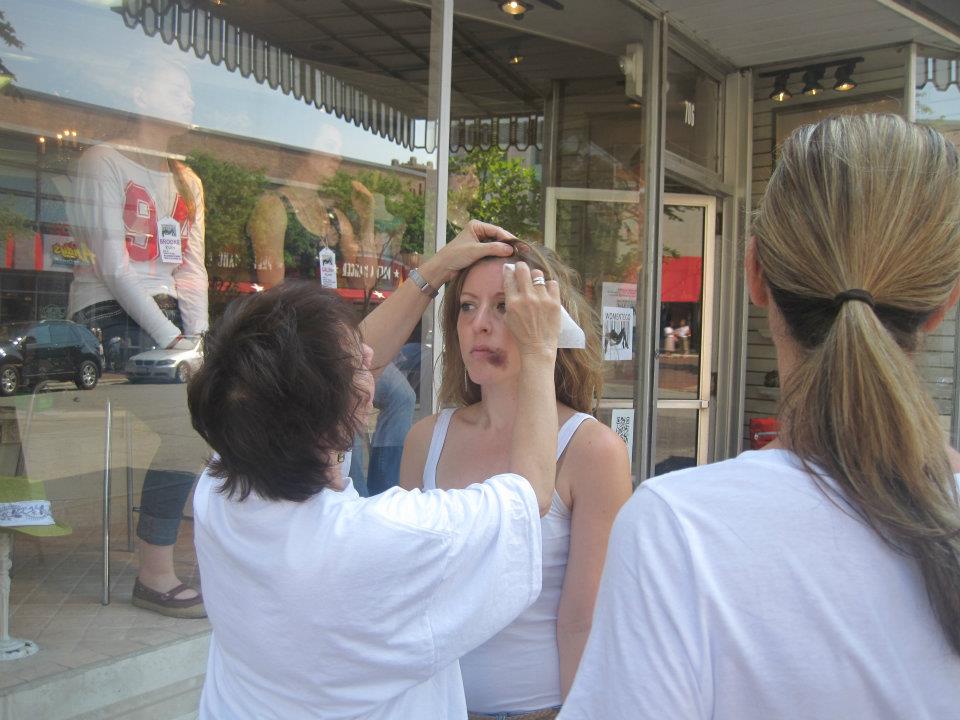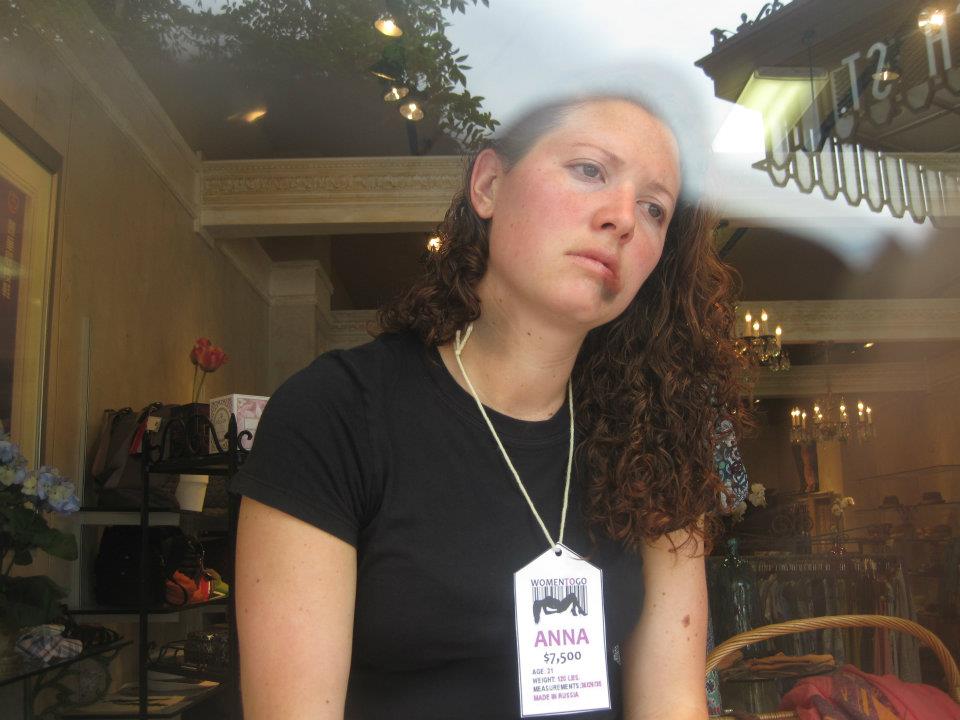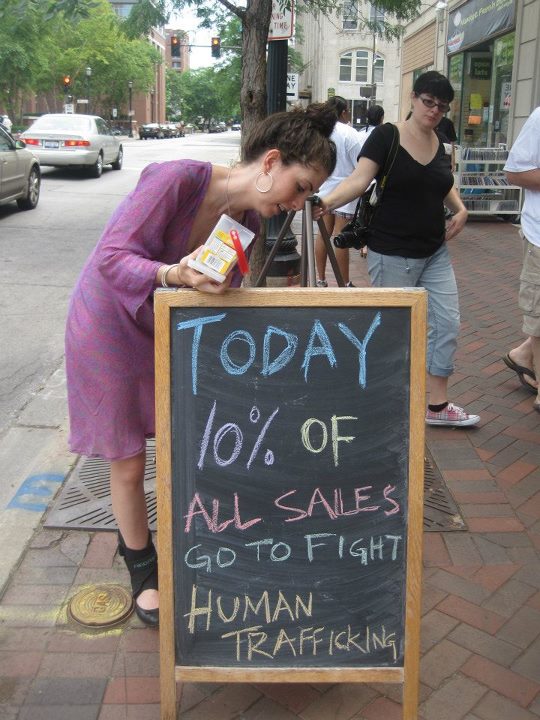August 19, 2012
By Rebecca Hughes
Several days ago, I awoke to the sound of my phone ringing off the hook. A very annoyed man was on the line. “I’m calling from the Knesset,” he said. “You’ve been sending us letters.” His tone was accusatory, but I was guilty as charged.
Championing ATZUM’s “Project 119,” 127 volunteers – myself included – have been sending numerous e-mails to the Members of Knesset. Over the last five months, we have sent 1,904 e-mails urging MKs to pass MK Orit Zuaretz’s proposed legislation to criminalize the purchase of sexual services.
Though he was clearly less than happy to be talking to me, I was pleased to be speaking with him. Clearly, I thought, this was someone who realized that combating sex trafficking and prostitution belongs near the top of our government’s ‘To Do’ list, seeing as there are thousands of prostituted individuals in Israel, many of whom are children. Although procuring is illegal in Israel, 90% of these women and children are owned by others and experience violence at the hands of their pimps or their clients. [Read more…]




 On July 1, ‘Women to Go’ made its debut in North America. The Task Force on Human Trafficking with the help of event organizer, Phyllis Nutkis, brought the campaign to Evanston, Illinois. Women to Go forcefully confronts society with the evils of trafficking and prostitution by exposing these underground crimes in a public space. During a Women to Go event, women with price tags are placed in a storefront as if for sale, while volunteers explain the demonstration to passersby.
On July 1, ‘Women to Go’ made its debut in North America. The Task Force on Human Trafficking with the help of event organizer, Phyllis Nutkis, brought the campaign to Evanston, Illinois. Women to Go forcefully confronts society with the evils of trafficking and prostitution by exposing these underground crimes in a public space. During a Women to Go event, women with price tags are placed in a storefront as if for sale, while volunteers explain the demonstration to passersby. The event was hosted by
The event was hosted by  Organizing the event was at times challenging, though Phyllis maintains the “right person with the right skills would find it manageable.” She explains, “The rewards are many – meeting and working with dedicated, interesting, passionate volunteers; learning all kinds of new skills you didn’t know you had; and most of all knowing that you’ve done something really good and important in the world.”
Organizing the event was at times challenging, though Phyllis maintains the “right person with the right skills would find it manageable.” She explains, “The rewards are many – meeting and working with dedicated, interesting, passionate volunteers; learning all kinds of new skills you didn’t know you had; and most of all knowing that you’ve done something really good and important in the world.”


